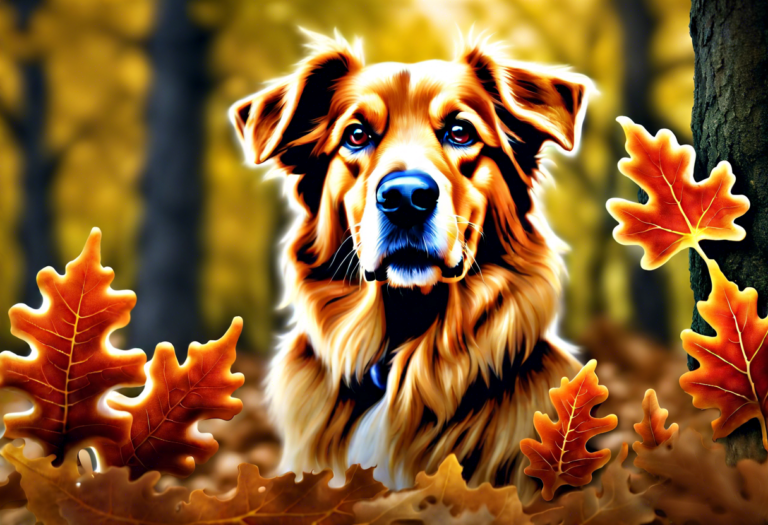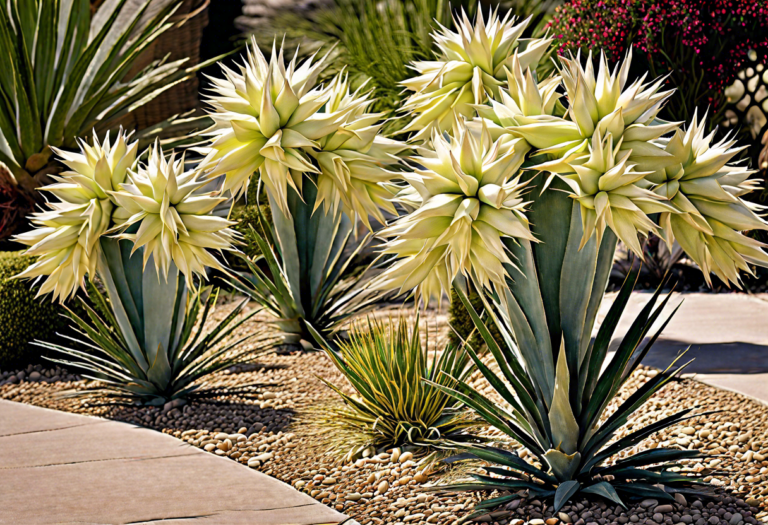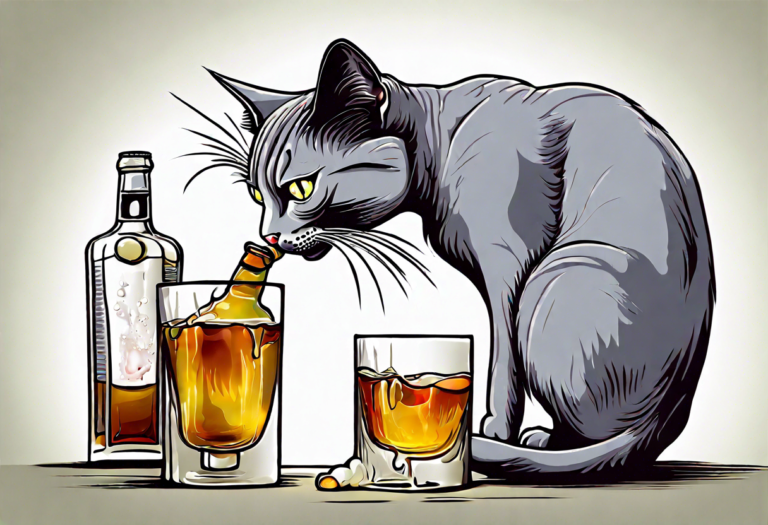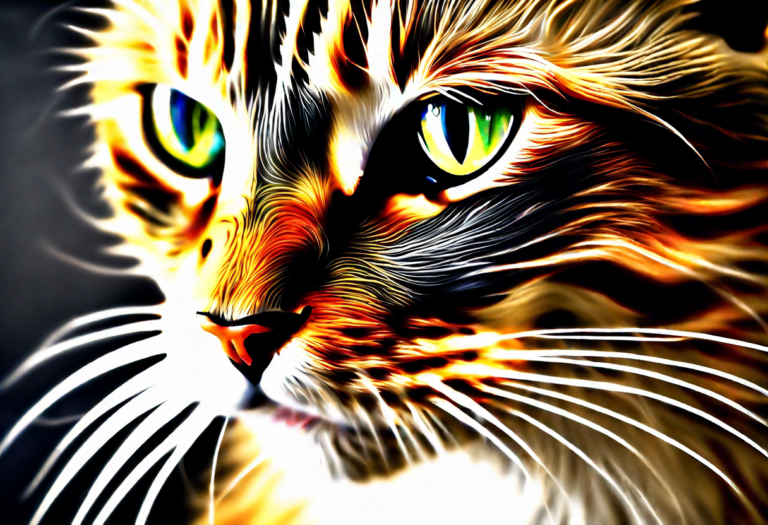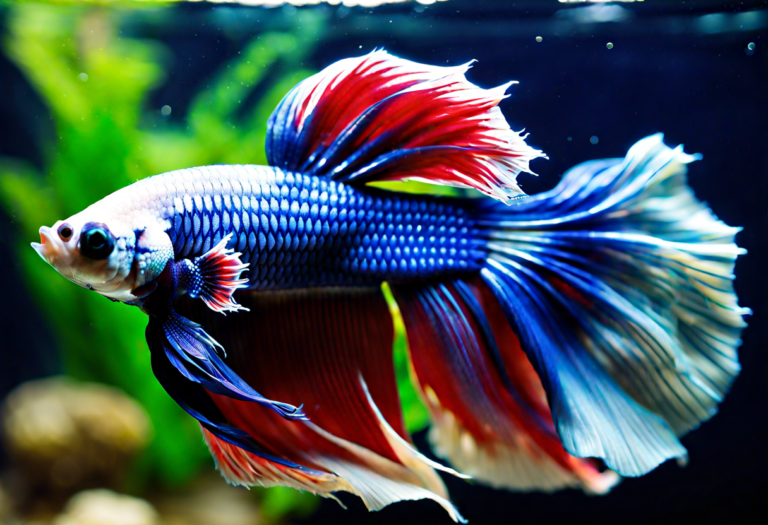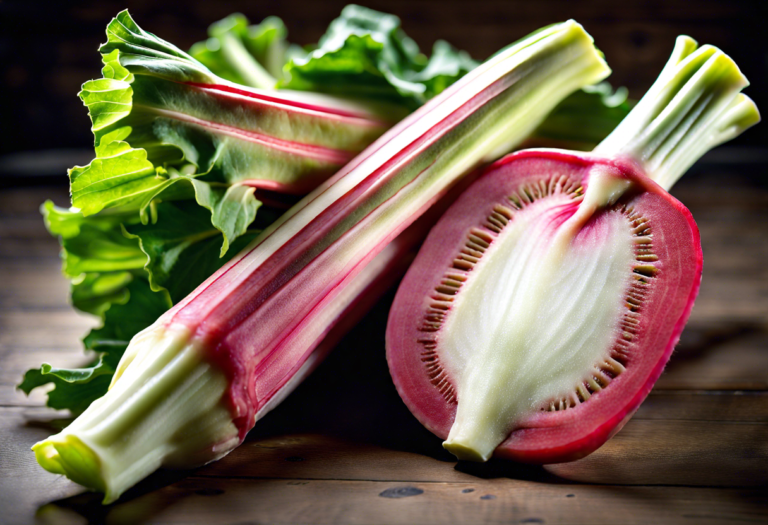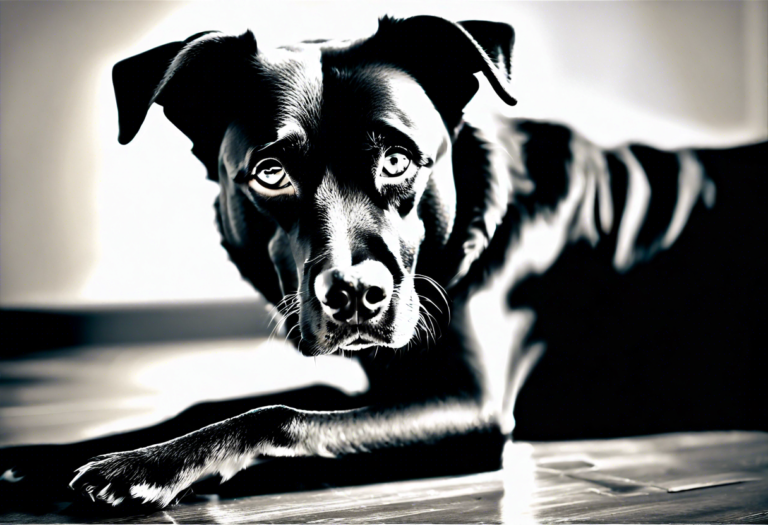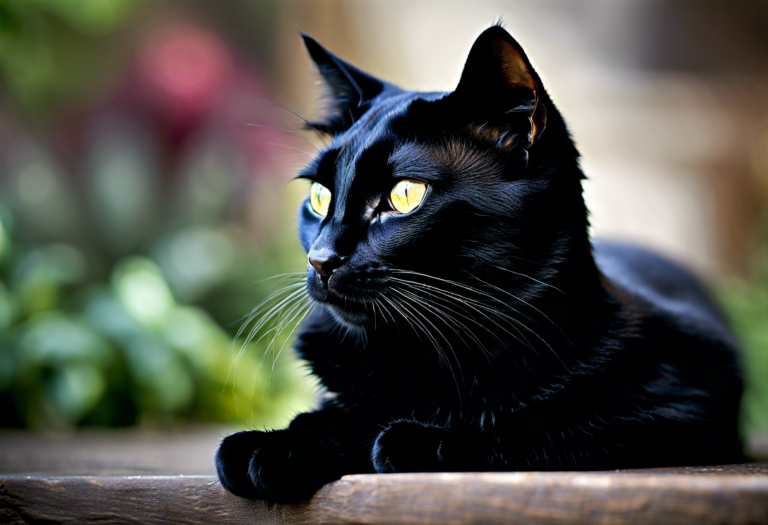Alaskan Malamute Vs Husky Size
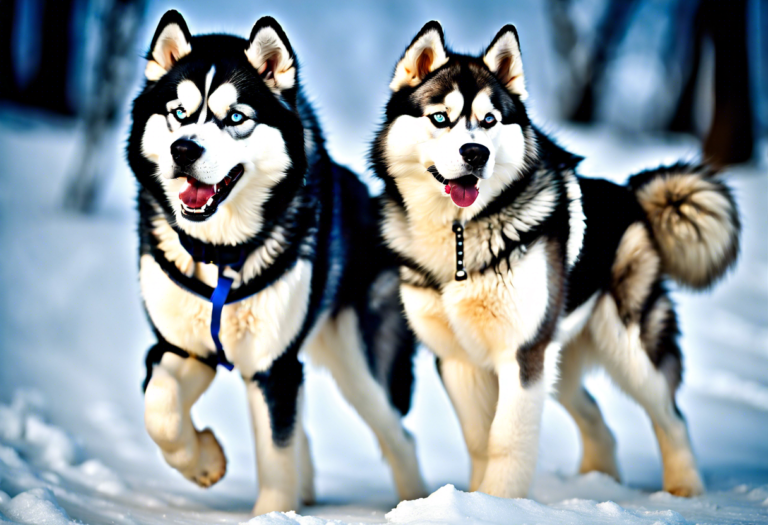
Key Differences in Size Between Alaskan Malamutes and Huskies When considering Alaskan Malamutes and Huskies, one of the key differences that stand out is their size. Understanding the distinct physical characteristics of these two breeds can help potential dog owners…

